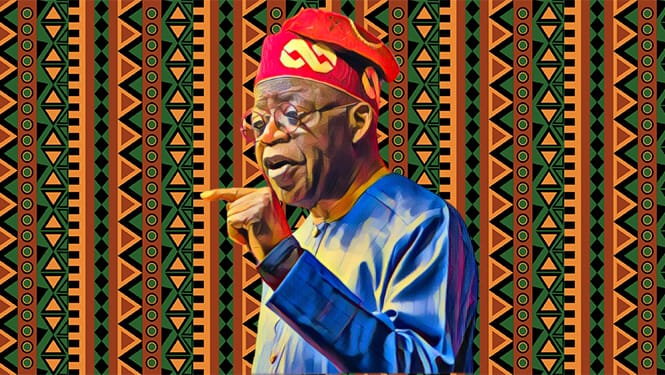Nigeria’s President Bola Tinubu has signed the 2024 budget into law, amid rising inflation and public discontent. The budget, which was increased by N1.2tn by the National Assembly, allocates N344.85bn to the lawmakers themselves, a 74.23% increase from the initial proposal.
Budget Breakdown
The budget, which is based on an oil price of $57 per barrel and an exchange rate of N750 to the dollar, has a total expenditure of N28.77tn, a deficit of N7.6tn, and a debt service of N4.1tn. The budget also projects a revenue of N21.17tn, with an expectation of N8.4tn coming from oil and gas.
According to a report by Punch, the budget allocates N5.6tn to capital expenditure, N6.8tn to recurrent expenditure, and N5.9tn to statutory transfers. The statutory transfers include funding for the National Judicial Council, the Niger Delta Development Commission, the Universal Basic Education Commission, the Independent National Electoral Commission, and the National Assembly.
The National Assembly, which comprises the Senate and the House of Representatives, increased its allocation from N197.93bn to N344.85bn, making it the highest ever in the country’s history. The lawmakers justified the increase by citing the removal of fuel subsidies, the unification of the exchange rate, and the need to fund their constituency projects.
Public Outcry
The budget has sparked outrage among many Nigerians, who accuse the lawmakers of being insensitive to the plight of the masses. Nigeria is facing a severe economic crisis, with inflation hitting 18.2% in November 2023, the highest in four years. The country also has a poverty rate of 40.1%, according to the World Bank, and an unemployment rate of 33.3%, according to the National Bureau of Statistics.
Many Nigerians have taken to social media to express their dissatisfaction with the budget, using hashtags such as #BudgetOfCorruption, #BudgetOfInequality, and #BudgetOfShame. Some have also called for a protest against the budget, while others have urged the president to veto the budget and send it back to the National Assembly for review.
Government Response
The government has defended the budget, saying it is aimed at boosting economic growth, creating jobs, and improving infrastructure. The Minister of Finance and Budget Planning, Abubakar Bagudu, said the government was reviewing its tax and fiscal policies to improve revenue generation and reduce the debt burden.
The President, in his speech after signing the budget, said he was confident that the budget would deliver on its promises and address the challenges facing the country. He also thanked the National Assembly for its cooperation and urged them to ensure the timely and effective oversight of the budget implementation.
Despite the controversy surrounding the budget, some analysts and experts have expressed optimism that the budget could have some positive impacts on the economy and society. They said the budget could stimulate the recovery of the economy from the recession caused by the COVID-19 pandemic and the fall in oil prices. They also said the budget could improve the quality of education, health, and security in the country if properly executed.
However, they also warned that the budget could face some risks and challenges, such as the volatility of the oil market, the insecurity and instability in some regions, the corruption and mismanagement of public funds, and the possible resistance and backlash from the public.


